Hamas

Highlights:
Established In: 1987
Established By: Sheikh Ahmed Yassin, Abdel Aziz al-Rantissi, Mahmoud Zahar
Also Known As: Ḥarakat al-Muqawamah al-Islamiyyah Islamic Resistance Movement

Highlights:
Established In: 1987
Established By: Sheikh Ahmed Yassin, Abdel Aziz al-Rantissi, Mahmoud Zahar
Also Known As: Ḥarakat al-Muqawamah al-Islamiyyah Islamic Resistance Movement
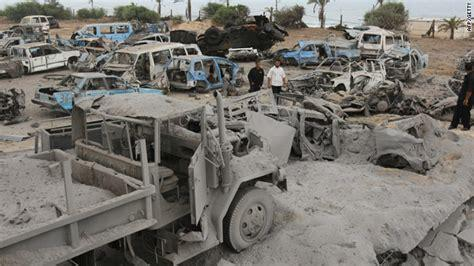
The Israeli military claimed it killed a senior Hamas commander in an airstrike, who was responsible for holding approximately 1,000 people and patients as hostages in a Gaza hospital. In a tweet posted on X, the Israel Defence Forces (IDF) said that Ahmed Siam was also responsible for preventing the evacuation of Gaza residents to the Southward.
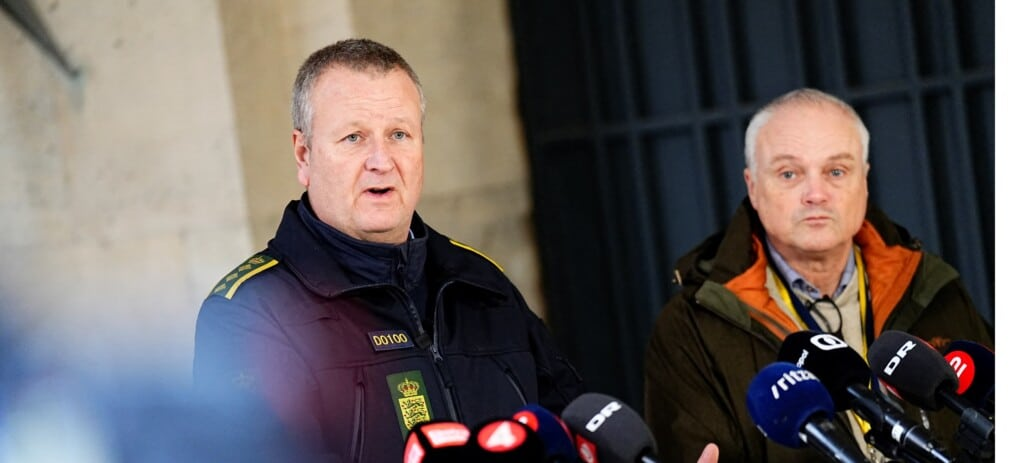
Latest Developments
Danish, Dutch, and German authorities made several arrests on December 14 in what Israel described as a Hamas-linked terrorist plot on European soil. Danish police announced during a press conference in Copenhagen that they had arrested three suspects, while Dutch police arrested a fourth suspect in Rotterdam. Dutch police — who this week raised their own terrorism threat level to “substantial” and had been on heightened security alert for months — said the arrest also involved German authorities.
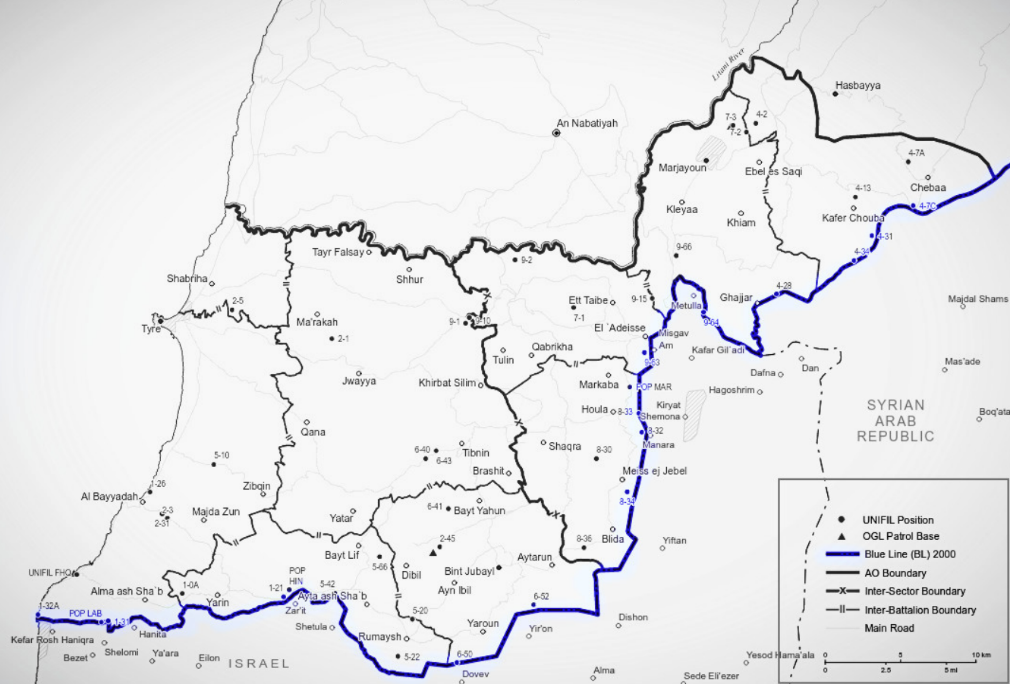
Hezbollah joined the fighting against Israel on October 8, 2023, the day after Operation Iron Swords began,[2] and opened a front on Israel’s northern border, attacking IDF posts and military crews along the border. The IDF has responded by firing artillery at the sources of the rocket attacks and by attacking Hezbollah facilities in south Lebanon. In the wake of the tense situation and the fear of escalation, residents of villages and towns in south Lebanon began to move to northern areas, noteworthy because Hezbollah usually places its posts and bases in or near civilian settlements.
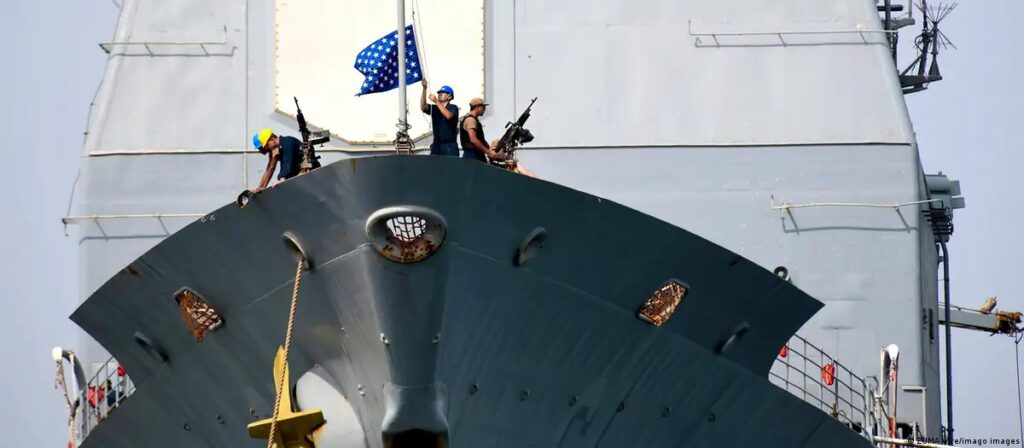
Le recul de la France s’accompagne d’une implantation russe mais aussi d’un maintien de la présence américaine. Tandis que la Chine pourrait avoir une base navale en Afrique de l’Ouest.
Le 30 mai 2016, la 601e réunion
du Conseil Paix et Sécurité de l’Union africaine (UA) aurait pu être une réunion parmi d’autres. Mais cette fois, les conclusions ont montré un talent rare de prédiction des périls qui pesaient sur le continent.
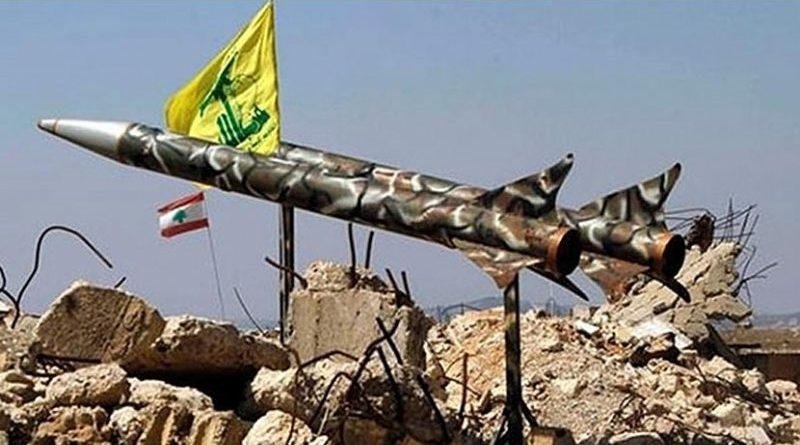
One person was killed and a building was destroyed by an Israeli airstrike on the town of Kafr Kila in southern Lebanon on Tuesday night, according to local media reports.
On Wednesday night two people were killed and one wounded when an Israeli warplane targeted a house in the town of Yater, according to reports. An Israeli shell also hit a house in the town of Aita Al-Shaab, causing it to burn down but no casualties were reported.
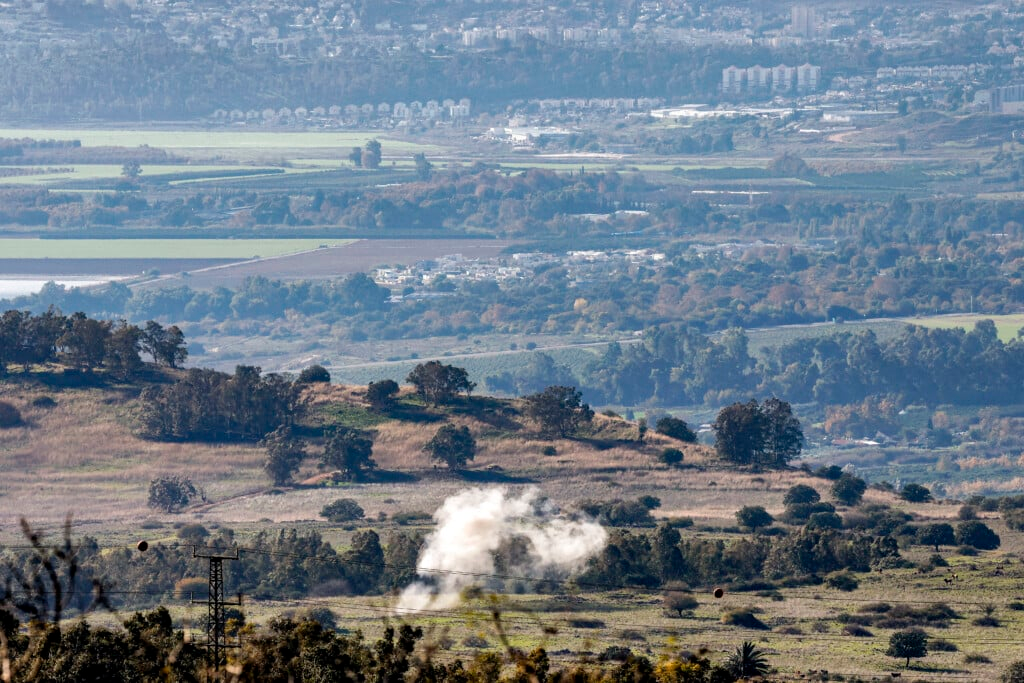
Latest Developments
The Israel Defense Forces (IDF) struck several Hezbollah terror targets in Lebanon on December 20. “Among the targets attacked were several terrorist infrastructures and military sites where the organization’s militants operated,” the IDF said in a statement. The IDF released footage of the airstrikes, showing numerous targets attacked on a Lebanese hillside. The strikes come in the wake of numerous attacks on Israel by Hezbollah on December 19. Hezbollah also claimed on December 18 that it had targeted Israel’s Iron Dome air defense batteries.
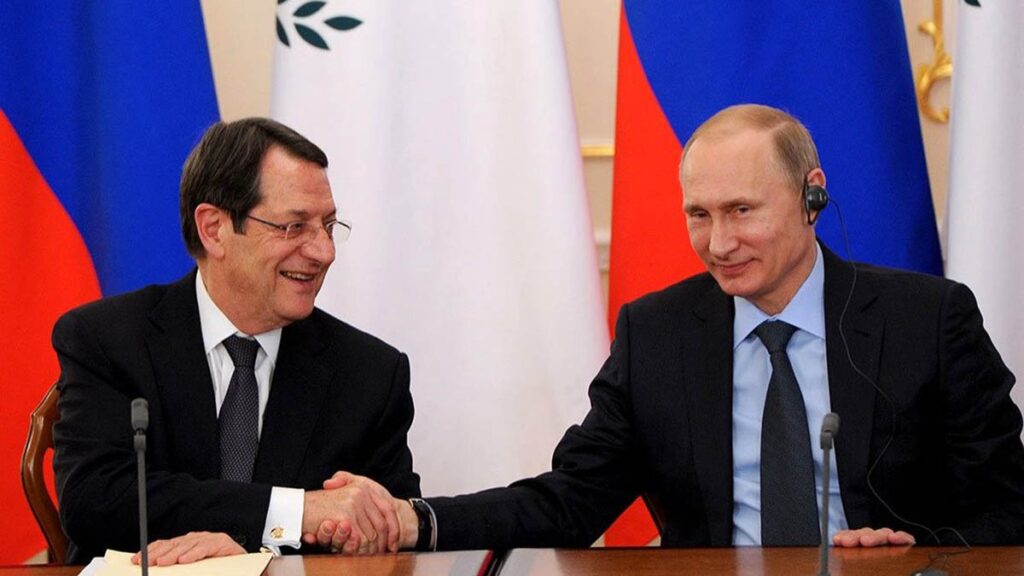
ICIJ-led investigation Cyprus Confidential reveals how the EU member state powered the Kremlin’s financial machine, moving vast sums for oligarchs, including after Russia’s 2022 Ukraine invasion.
The Mediterranean island of Cyprus has long been a geopolitical crossroads, a prize contested by empires and a meeting point of peoples, religions — and money.

The Iran-aligned Houthis of Yemen are playing an escalating role in the Middle East, attacking shipping in the Red Sea and firing drones and missiles at Israel in a campaign they say aims to support Palestinians in the Gaza war, Reuters reported.
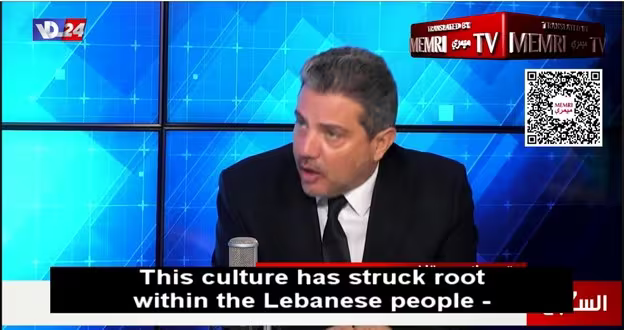
Retired Lebanese judge Peter Germanos said in a December 2, 2023 interview on Voice of Lebanon Radio that Lebanon is turning more and more into a leftist rogue state by refusing to abide by UN resolutions such as 1701 and others. But he added that while North Korea has nuclear power, Cuba has vast territory and food, and Venezuela has oil, Lebanon has nothing.